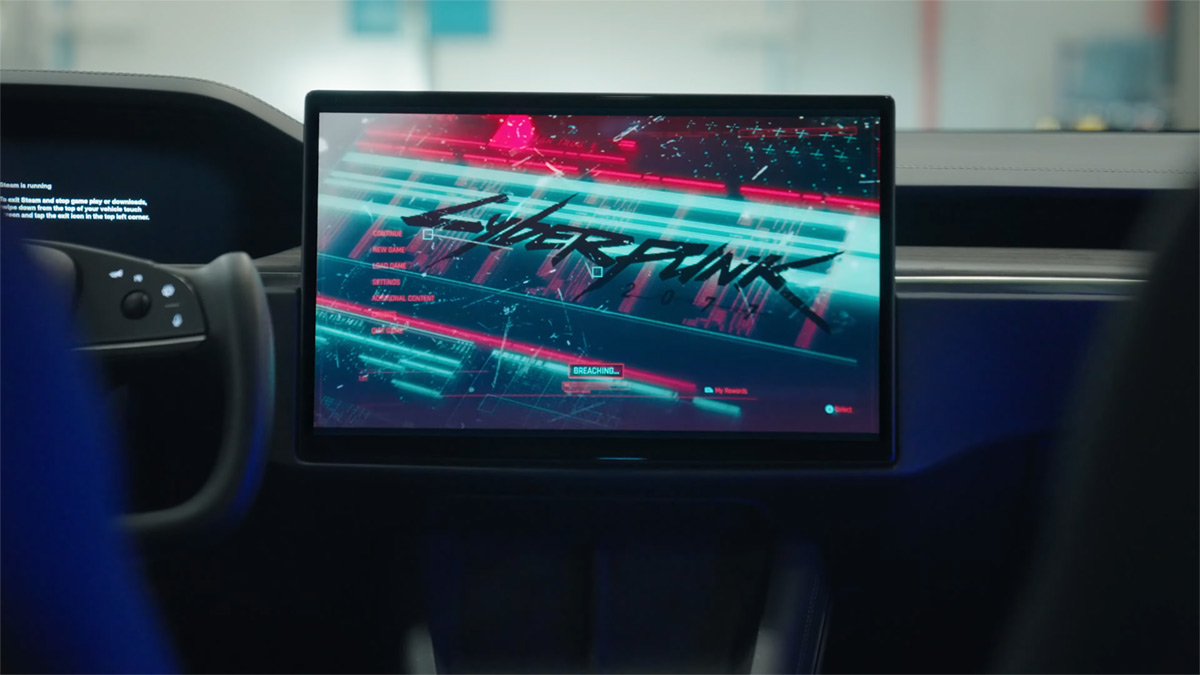5 Industries Drones Will Revolutionize

Drones were initially developed for military use. However, they have quickly expanded over several different areas such as entertainment, rescue operations, etc. Despite the limitations in global markets, drones are still expected to thrive. Following this, several feedbacks on France’s customer review platform, AmonAvis.fr, have made people realize that the world is filled with many possibilities. Drones could revolutionize these five industries.
Construction
Drone introduction to the construction industry could have a significant impact. We’ve already progressed from jobs primarily performed by hand to a sector where machines now predominate. The next logical step will be to move into drones, such as autonomous land vehicles and quadcopters.
Drones will be used to survey construction sites and generate significantly more data, according to Cafago, which will be used to better prepare for projects, track progress, and deploy resources. By minimizing potential issues, all of these provide improved accuracy, speed, and cost savings.
These cameras are useful for inspection and monitoring of construction sites and check for safety issues.
They’re also present. Drones will have a significant impact on five emerging industries. Of course, these aren’t the only ones. Humanitarian missions, city planning, and even transportation will all be affected. If one is to adapt well and benefit from these changes, it is necessary to begin planning ahead of time.
Entertainment Industry
Anyone who has been at a large event would have observed an unmanned aerial drone hovering over the scene. In the future, drones in the entertainment industry will be on the rise among consumers. In the movie industry, drones are used for shots that require little to no groundwork and natural scenery. The camera falls between 15 and 90 meters, far out of view of any human eyesight. The same difference exists between various sports like Nascar racing, football games, and the Olympics.
E-Commerce
For businesses such as Amazon, it was only a matter of time before drone deliveries became an everyday usage. E-commerce businesses are still working to realize their full potential, but there is no denying that they are progressing.
Drones can not only shorten delivery times by avoiding the traditional route, but they can also improve customer satisfaction by providing accurate time estimates. Many jobs will invariably be automated due to automation, resulting in significant cost savings for businesses. Whether caused by drones or self-driving trucks, we believe this is likely, though there is no absolute certainty.
Supply Chain Operations
Drones bring benefits to the end of the supply chain. They have the potential to transform many companies’ core logistical requirements completely. These devices are also useful for inventory control, product monitoring, and quality assessment.
Drones are useful for a variety of tasks in addition to traditional supply chain functions. They can pick up items, place them in different places, and move them around more efficiently than forklifts or factory robots in some cases. They can also be used for prospecting and inspecting raw materials, as well as supporting further extraction and relocation, in addition to these jobs.
Agriculture and Farming
Agriculture and farming are two terms that are used interchangeably. Nobody should be surprised if farmers start using drone technology to monitor their crops. According to MIT Technology Review, drones can help farmers detect irrigation problems, pest problems, and soil variations that prevent good crops.
Multispectral cameras can also tell farmers which crops aren’t performing and others, allowing them to make quick adjustments. Finally, drones’ use will enable crops to be monitored not just a few times a day but even hourly, giving farmers access to a lot more data, new patterns, and opportunities to manage crops more effectively.






